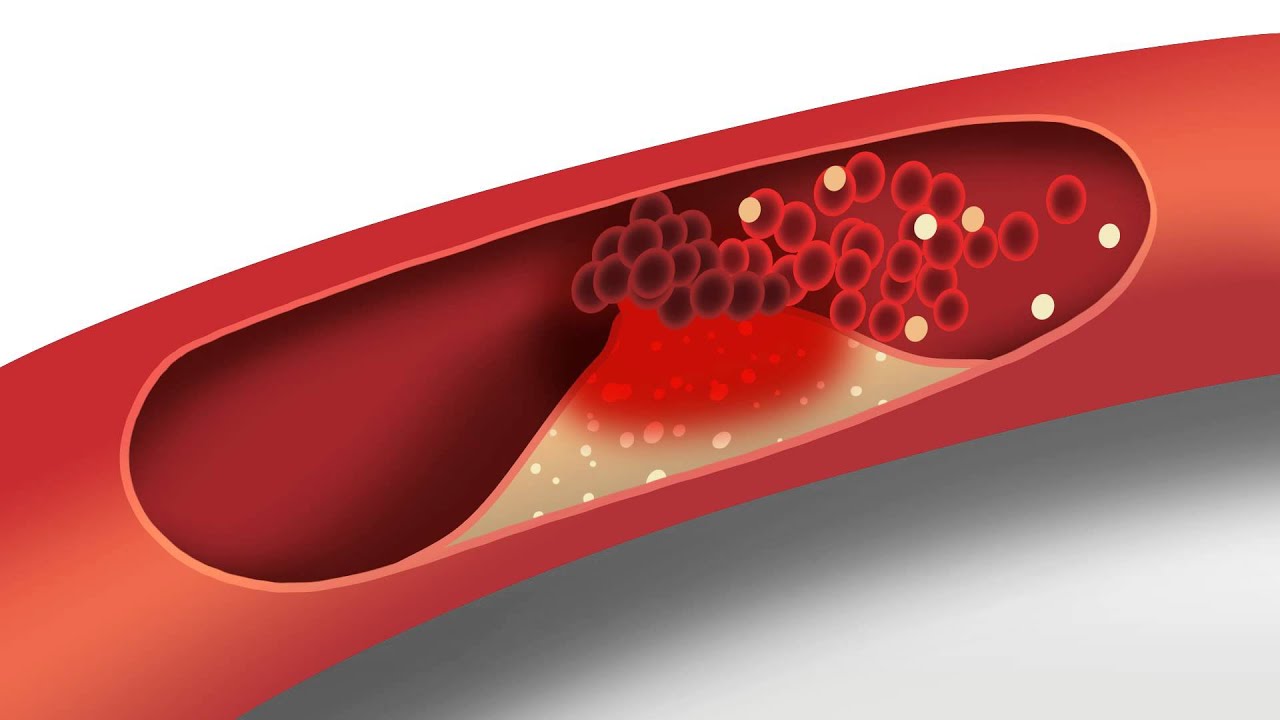Cholesterol is a fatty substance that is essential for building cell membranes, producing hormones, and aiding in the digestion of fat. Cholesterol is transported in the blood by lipoproteins, and there are two main types often referred to as "good" cholesterol and "bad" cholesterol.
- Low-Density Lipoprotein (LDL) Cholesterol:
- Nickname: "Bad" cholesterol
- Function: LDL cholesterol carries cholesterol from the liver to the cells. However, if too much is delivered, it can build up in the walls of the arteries, forming plaques. These plaques can narrow and block arteries, leading to atherosclerosis, a condition associated with an increased risk of heart disease and stroke.
- Risk: High levels of LDL cholesterol are considered a risk factor for cardiovascular diseases.
- High-Density Lipoprotein (HDL) Cholesterol:
- Nickname: "Good" cholesterol
- Function: HDL cholesterol helps remove excess cholesterol from the bloodstream and transport it to the liver for elimination. High levels of HDL are considered beneficial because they contribute to the removal of cholesterol from the arteries, reducing the risk of atherosclerosis.
- Protective Role: HDL cholesterol is associated with a lower risk of cardiovascular diseases.
In summary:
- LDL Cholesterol: Often considered "bad" because elevated levels are associated with an increased risk of atherosclerosis and cardiovascular diseases.
- HDL Cholesterol: Often considered "good" because higher levels are associated with a lower risk of atherosclerosis and cardiovascular diseases.
When assessing cholesterol levels, it's not just the total cholesterol that matters but also the balance between LDL and HDL cholesterol. Maintaining a healthy balance, with lower levels of LDL cholesterol and higher levels of HDL cholesterol, is generally considered beneficial for heart health.
Cholesterol levels are measured in milligrams per deciliter (mg/dL) in blood tests. It's important to note that other factors, such as genetics, diet, exercise, and overall lifestyle, can influence cholesterol levels. If you have concerns about your cholesterol levels or cardiovascular health, it's advisable to consult with a healthcare professional who can provide personalized advice and guidance. Regular monitoring of cholesterol levels is important for maintaining heart health and preventing cardiovascular diseases.
News, Health, Travel & Entertainment Telegram Channel Click to Join Infimor
